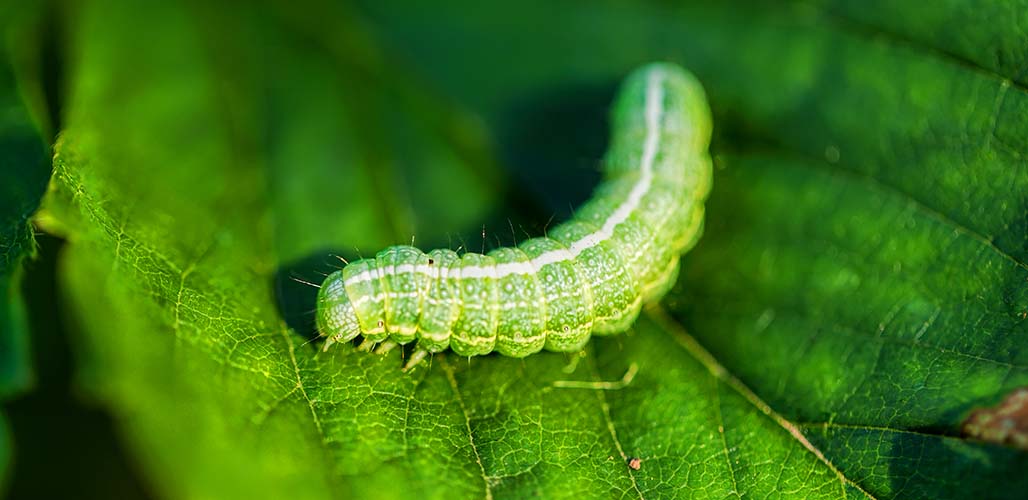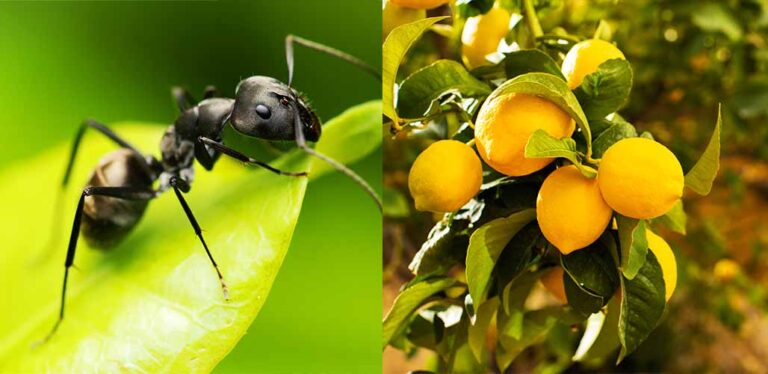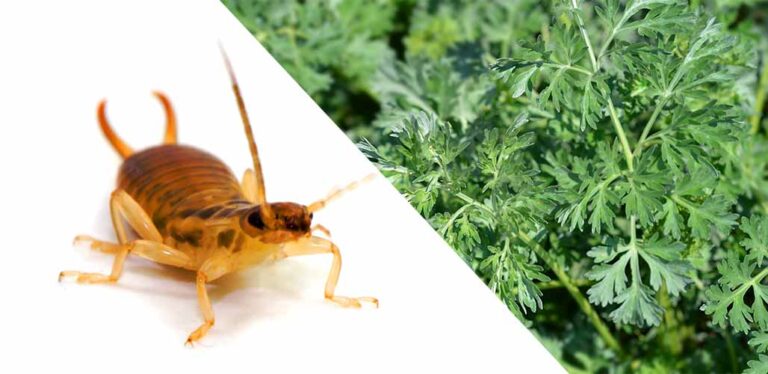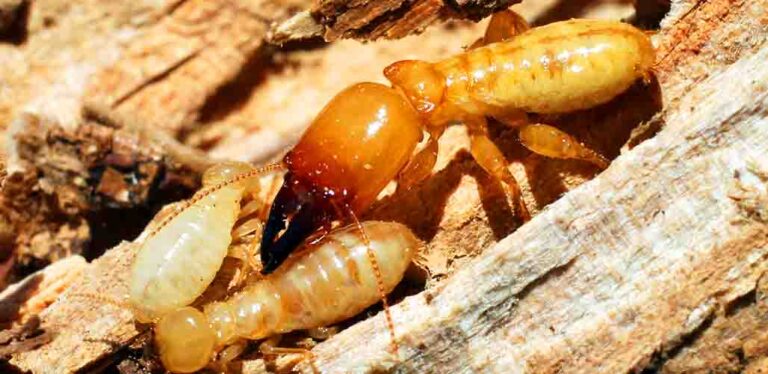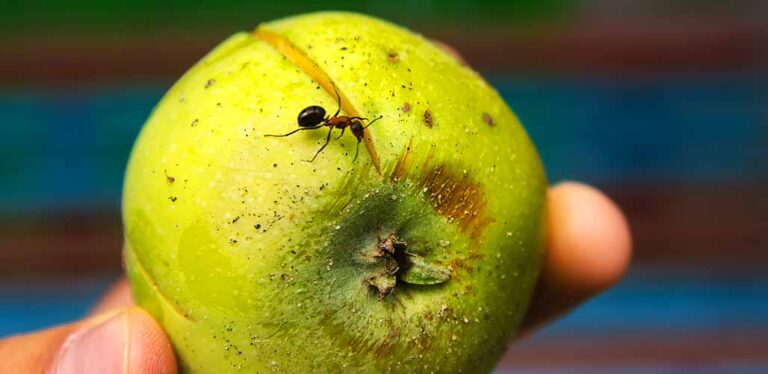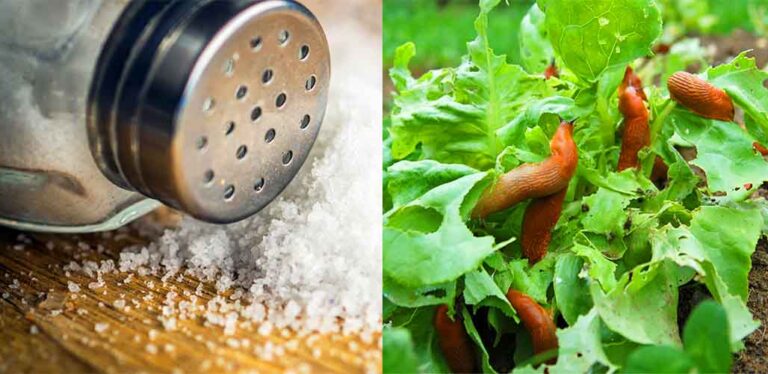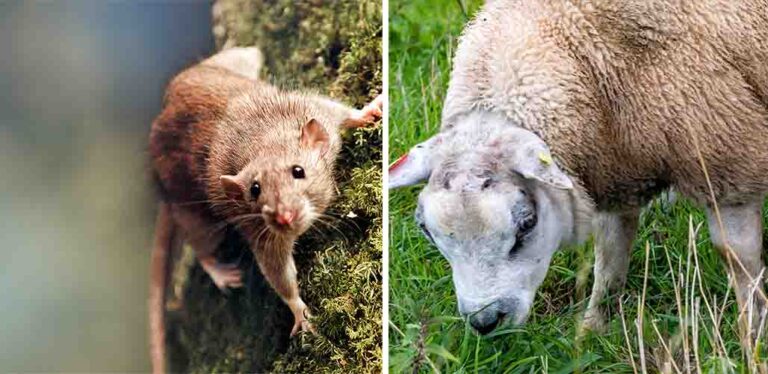Does White Oil Kill Caterpillars?
I have used white to kill caterpillars on my plants, and it is particularly effective at destroying the eggs laid by moths and butterflies before they turn into caterpillars. But it isn’t a perfect solution to the problem. No keen gardener wants caterpillars that can harm plants in the garden by eating their leaves. If you want to get rid of caterpillars but don’t want to use a harsh chemical insecticide, there are biopesticides that are made from natural materials like oil which do a good job. Today I’ll share the benefits and drawbacks of white oil for caterpillar attacks.
Contents
- What is horticultural oil?
- How does white oil kill caterpillars?
- DIY white oil recipe
- How to use white oil to kill your caterpillars
- What to do when white oil doesn’t work
- White oil vs insecticidal soap
White oil is a type of horticultural oil that is used as a pesticide for a variety of insect pests in the garden. But does it work on caterpillars? What are the pros and cons of using white oil to control caterpillars and other insects in the garden? Here’s what you need to know about using white oil to kill caterpillars.
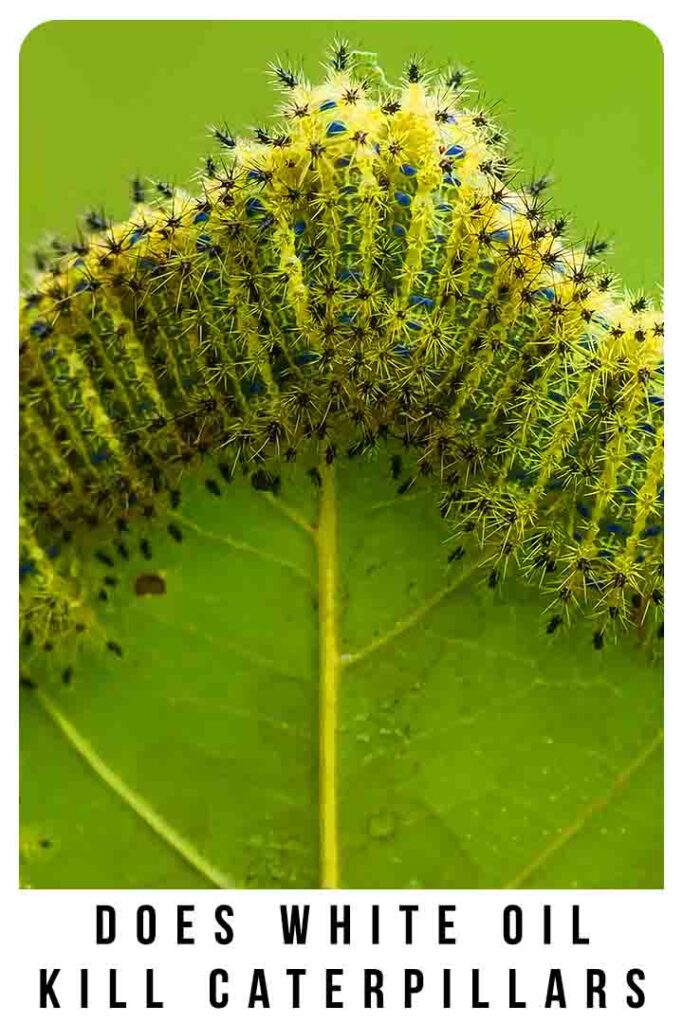
What is White Oil?
White oil is a type of horticultural oil. Horticultural oil is a term used to describe several different oil-based pesticides that are formulated to get rid of bugs without harming plants. Horticultural oils are usually either mineral oil (which is derived from petroleum) or made from plants. Plant-based oils include cottonseed, sunflower, and soybean oil.
Commercially made white oil products are usually manufactured with mineral oil. You’ll also see lots of DIY white oil recipes out there. These recipes commonly use plant oils. Both types of horticultural oils affect insects in the same way. Let’s find out how.
How Does White Oil Kill Caterpillars?
For a horticultural oil to work, the insects must be on the plant at the time of application. They also must be completely covered. The oil works by smothering insects. It blocks their breathing pores (called spiracles). Oil also smothers insect eggs by depriving them of oxygen.
When using white oil, it’s important to keep in mind that it will affect all insects on a plant, not just the ones you are trying to get rid of. Be careful of beneficial insects like ladybugs when spraying oil. White oil is non-toxic and generally safe for most plants, as well as people, pets, and other forms of wildlife.
How to Make White Oil at Home
You can buy horticultural oil at the garden center or make it yourself at home. A quick Google search will uncover lots of homemade white oil recipes. How do you know which ones to try?
Most DIY white oil recipes contain a mixture of vegetable oil and dish soap. This mixture is usually a concentrate that can then be diluted with water and sprayed on plants.
Any vegetable oil and dishwashing liquid you happen to have on hand will work. The usual ratio is 4 parts oil to 1 part soap. Once you prepare this concentrate, use 1 tablespoon of the mixture per 1 liter of water to make the spray.
How to Kill Caterpillars on Plants
Before you reach for any insecticide, you can try manually removing the caterpillars from your plants if there are not too many of them. To keep your plants caterpillar free, you’ll have to finish them off. After you pick them off the leaves, drop them into a bucket of soapy water.
Horticultural oils are often more effective at killing caterpillar eggs than caterpillars, while others do recommend white oil for caterpillars. White oil may be more effective on smooth caterpillars than on hairy caterpillars because the hairs can block the oil from reaching the spiracles.
What To Do If White Oil Isn’t Killing Your Caterpillars?
If you find that white oil is not doing the job, you might want to consider a pesticide called Btk, which naturally targets caterpillars while leaving other insects unharmed. Btk is a bacterium (Bacillus thuringiensis subspecies kurstaki). When a caterpillar eats leaves treated with Btk, the bacteria release a toxic protein that poisons and kills the caterpillar.
You can also create inviting habitats in your garden for the caterpillar’s natural predators, such as birds, wasps, spiders, beetles, and lacewings. Of course, if you are cultivating a butterfly garden, you’ll want to preserve certain kinds of caterpillars, so get to know which ones you want to keep and which ones you want to eliminate.
White Oil vs Neem Oil for Caterpillars
Neem oil works differently than white oil. While it is plant-based and will also smother insects, neem oil contains certain compounds that are toxic to insects and will disrupt their feeding and growth.
White Oil vs Insecticidal Soap
Should you consider using insecticidal soap instead of white oil to kill caterpillars? Insecticidal soap produces the same result as horticultural oil—suffocation—using a different method. Instead of plant or mineral oil, commercial insecticidal soap uses potassium salts of fatty acids.
Gardening experts say that while household soaps are somewhat similar, DIY insecticidal soaps are not generally recommended because they can harm plants. Insecticidal soap tends to be less effective on caterpillars (especially large ones) than on smaller insects like aphids.
Does White Oil Kill Caterpillars?
Horticultural oil can be a safer alternative than traditional pesticide. It works by smothering insects and insect eggs.
The jury is out on whether white oil is the best treatment for caterpillars. It can be more effective on some insects than others. It tends to work better on small insects and eggs, and it may not work on every caterpillar.
There’s nothing wrong with trying white oil if you have a caterpillar problem, especially if you spot and treat the eggs early.
Learn More About Protecting Your Plants
- Do ants damage lemon trees?
- Are termites a danger to your plants?
- Can apple trees survive an ant attack?
References
- Leaf-feeding Caterpillars. University of California Division of Agriculture and Natural Resources, 2019.
- Talabac, M. Pesticide Profile: Horticultural Oil. University of Maryland Extension, 2022.
- Skelly, J. Horticultural Oils: What a Gardener Needs to Know. University of Nevada, Reno Extension, 2013.
- Flint, M.L. Treating Landscape Pests with Oils is Safe for People and Pets. University of California Division of Agriculture and Natural Resources, 2013.
- Ellis, J.A. Commonly Asked Questions About Btk (Bacillus thuringiensis var. kurstaki). Purdue University Cooperative Extension Service.

